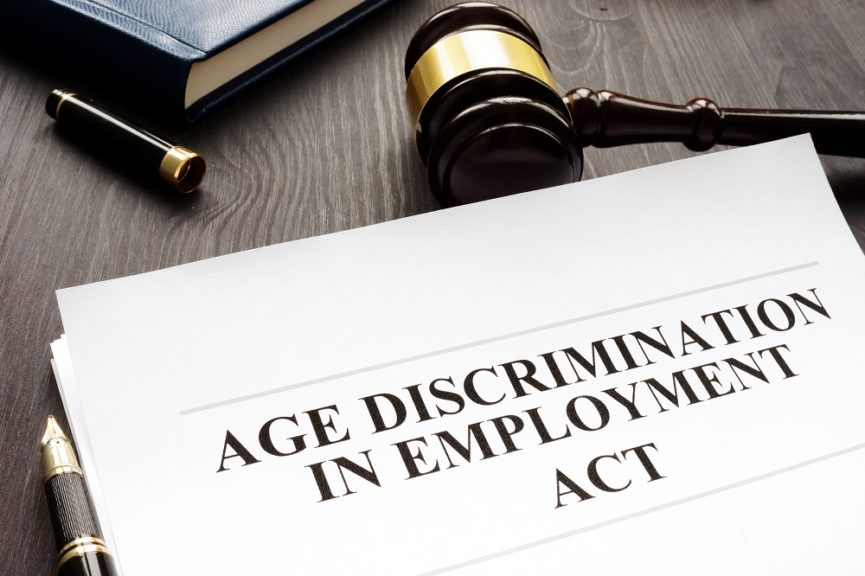The Age Discrimination in Employment Act of 1967, designed to protect workers who are age 40 or older, is a federal law that employers are required to stick to – but what is ADEA, and how does it apply to you if you’re 40 or older in the workforce?
Here’s what you need to know.
What is the Age Discrimination in Employment Act of 1967?
The Age Discrimination in Employment Act of 1967, or ADEA, completely forbids age discrimination against people who are age 40 or older. It doesn’t provide any protections for workers who are under 40, though.
Related: Age discrimination: What every worker over 40 needs to know
The ADEA works in tandem with California-specific laws, too, such as Section 188 of the Workforce Investment Act of 1988, and the Fair Employment and Housing Act. Together, these regulations help prevent age discrimination across the state – but not all employers are always in compliance, which means many people are still discriminated against based on age.
Related: Age discrimination laws in California
What the Age Discrimination in Employment Act of 1967 protects certain applicants and workers from discrimination on the basis of age in:
- Hiring
- Promotion
- Discharge
- Compensation
- Terms, conditions or privileges of employment
The Equal Employment Opportunity Commission, or EEOC, is the agency responsible for enforcing the ADEA.
How Can You Tell if an Employer Has Violated the ADEA?
It’s not always easy to tell if you’ve been discriminated against because of your age. However, there are a few signs to watch for. It happens fairly often, so be on the lookout for things like:
- Your boss reassigning you to more unpleasant duties in a way that makes it seem like he or she is trying to get you to quit
- Suddenly poor performance reviews when they were fine before
- Your company begins offering buyouts to older workers
- You’re passed up for promotion, but a younger, less-qualified candidate gets it instead
- You hear age-based comments, like “When are you going to retire?”
Employers aren’t allowed to preclude people over the age of 40 from applying for jobs, either – so if you’re an applicant and you see a job listed as targeting “digital natives,” the employer could be attempting to discriminate based on age. Likewise, if you see an application where the “Birth Date” field is mandatory (especially online, when you can’t go any farther in the application process until you fill out that field), or when a drop-down menu for the year you were born doesn’t go past the 1980s, the employer could be engaging in age discrimination.
All of these things are prohibited under the Age Discrimination in Employment Act, and many are touched on in FEHA and Section 188 of the Workforce Investment Act of 1988, too.
Specifically, the ADEA prohibits employers from:
- Mentioning age in job ads, like saying that a certain age is preferred
- Setting age limits on training programs
- Forcing people to retire at a certain age
- Retaliate against someone who files charges of age discrimination
Can You Pursue a Claim if You’re the Victim of a Violation of the ADEA?
If you have been the victim of age discrimination under the Age Discrimination in Employment Act, FEHA or Section 188 of the Workforce Investment Act of 1988, you have the right to pursue a claim against the employer.
For people who are already working for an employer when they are discriminated against, it may make sense to negotiate with the employer or use the company’s established grievance system. Some employers, when they discover that age discrimination did occur, are willing to settle – but that’s not always the case. Sometimes you do need to take your employer to court to get it to do the right thing.
You’ll want to build a solid case, so document remarks or incidents of discrimination as best you can. Preserve all the evidence you have and provide it to your attorney.
Do You Need to Talk to a Lawyer About the Age Discrimination in Employment Act?
If you want to talk to a Glendale discrimination lawyer and find out whether you have a case, call us at 818-805-1645 for a free consultation. We’ll be happy to talk about your situation with you and help you resolve it.




